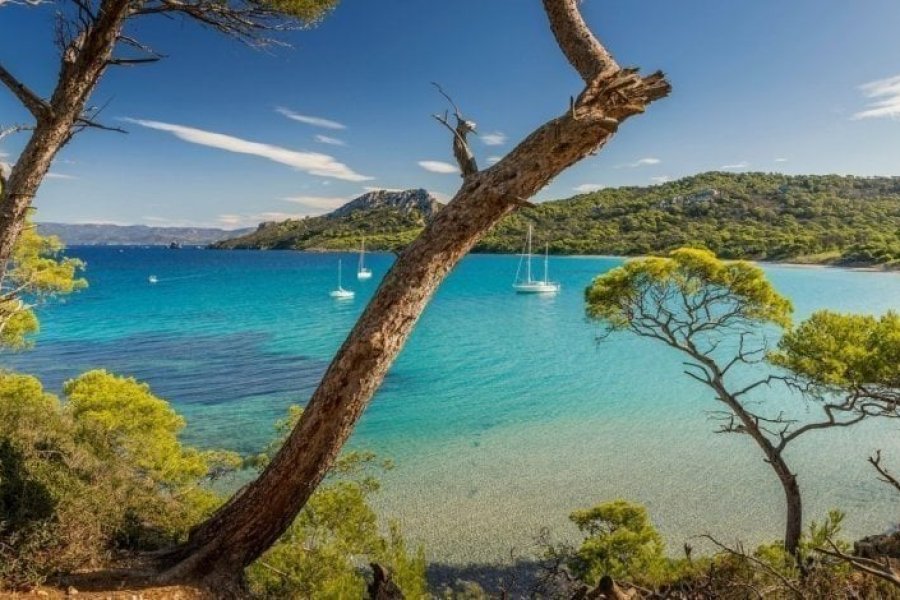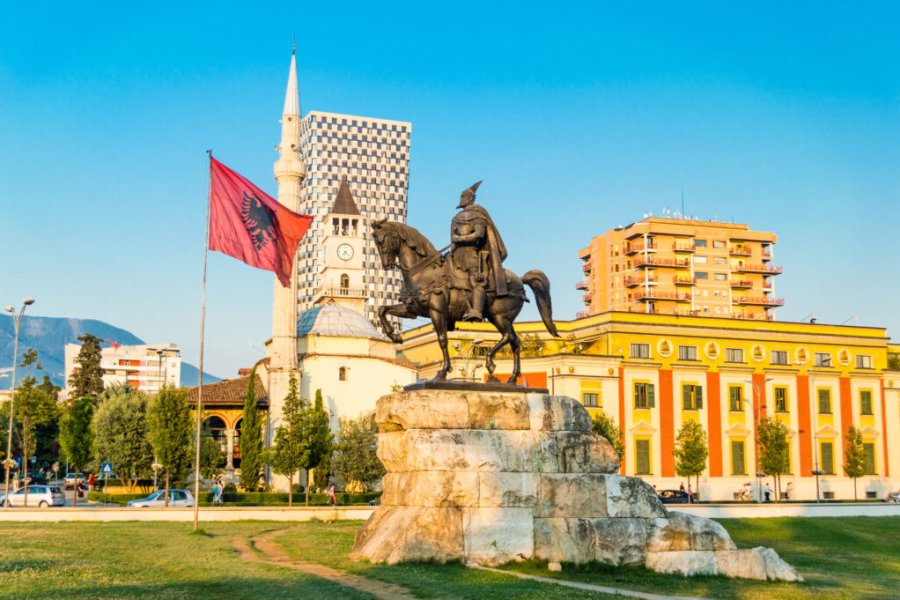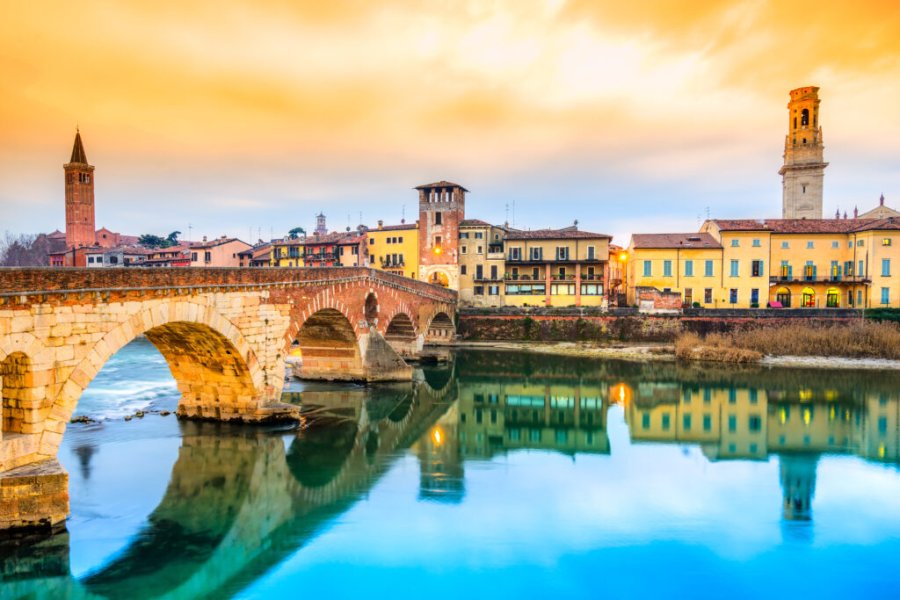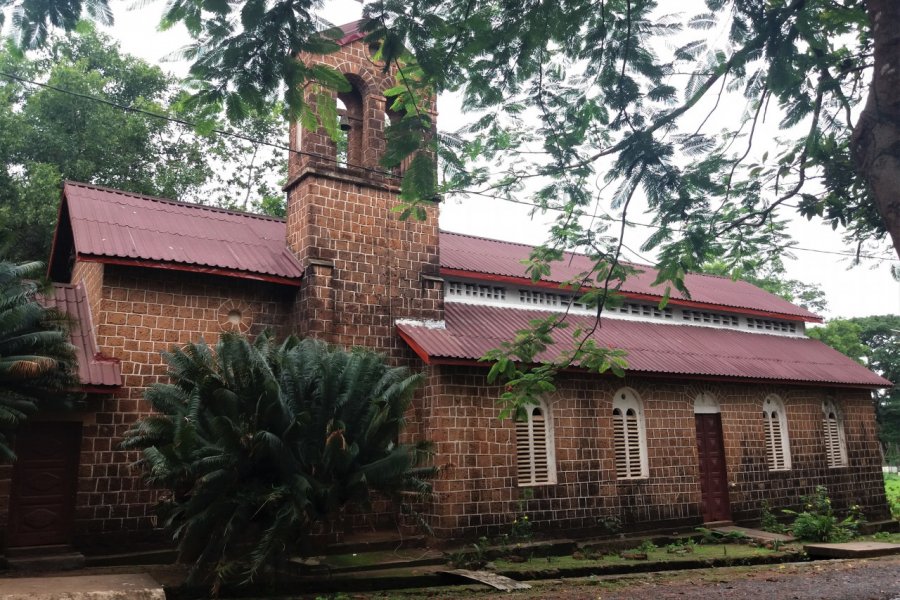Travel Guide Boffa
Find an accommodation
Advertising
Following a defeat against Soundiata Keita, founder of the Mali Empire, the Sosso, formerly vassals of the Ghana Empire, had to flee their kingdom. In their flight south, they followed the Rio Pongo. Stuck on the right bank of the river, without ever being able to cross it, they founded the village that is now Boffa. A small port in the estuary of the Rio Pongo, the city was one of the very first slave trade sites in West Africa and developed thanks to the trade activity. The colonial administration, whose first post dates back to 1874, settled there, followed by missionaries, "pioneer priests" who were buried there. Boffa is famous for its St. Joseph Catholic Church, the oldest in Guinea. An amphitheater with a capacity of several thousand people was built nearby to accommodate the faithful who come to Boffa every year during the Marian pilgrimage. Nowadays, the city has lost some of its activity, especially since the road no longer passes through the city center with the construction of a bridge over the Fatala River and the closing of the ferry. Note the presence of the Charente-Maritime Cooperation association, which has been supporting local development for several decades. Moreover, Boffa is surrounded by impressive palm forests which shelter very typical and traditional Baga villages, sandy beaches, small islands still wild, fishing ports, plantations as far as the eye can see, etc. Near the center in the village of Dominia is also the first Anglican church of Guinea. This village can be the goal of a beautiful walk in the middle of the rice fields to finally discover the vestiges of the slave port.
What to visit Boffa?
Suggested addresses Boffa
Weather at the moment
Advertising
Organize your trip with our partners Boffa
Transportation
Book your plane tickets
Car Rental
Boat rental
Accommodation & stays
Find a hotel
Holiday rental
Find your campsite
Tailor-made trip
Immersion travel
Services / On site
Activities & visits
Find a doctor









